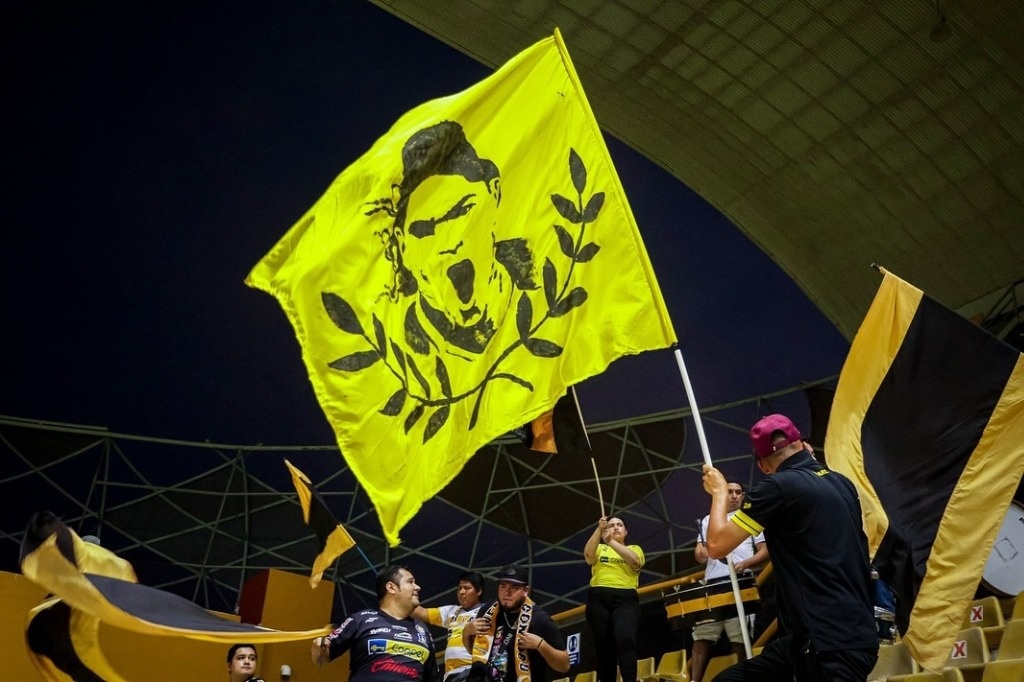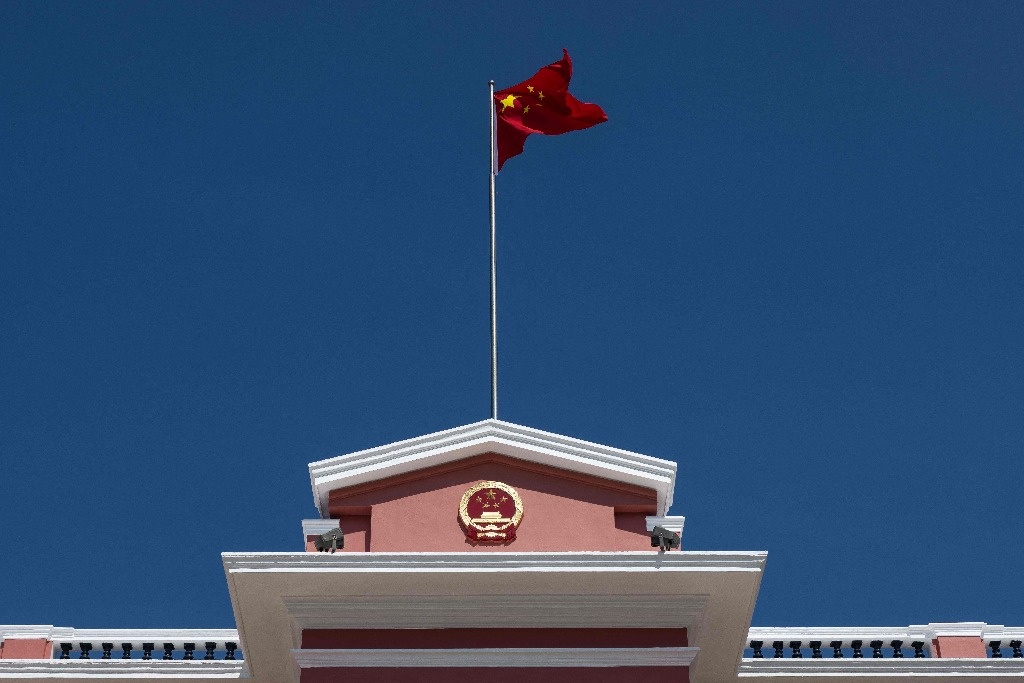Mexico City. The news is arriving late to certain corners of Culiacán. Unidentified individuals blocked the main access roads to the Paredones community, in the northern rural area of Culiacán, on Thursday and attacked members of the Mexican Army.
Although the images are reproduced on a large scale on television, in Dorados football imposes a logic of order, like a refuge. Everything invariably shuts down when a match is being played. Uruguayan Sebastián Abreu, the team’s technical director, prefers to isolate himself from those who think that Sinaloa is a paradise for drug trafficking. “When I came for the first time in 2005, they told me that it was going to be dangerous, tough, with many complexities,” he tells The Journey.But that doesn’t mean you can’t enjoy this sport.”
Abreu returned to the city of Sinaloa three months ago. Since then he has met with people he considers part of the “old guard”: doctors, equipment managers, fans who fervently followed the Big Fish in the first division.
Connection with people
“This is a club with its own identity. What we need is to recover the bond with the people, so that every Saturday at 8 pm the child, the mother, the grandparents and the neighbours have the family plan of going to the Dorados stadium, that pride of being from Culiacán despite the concerns that remain to be resolved,” adds the eccentric 47-year-old former striker, who holds the Guinness record as the professional who has played for the most clubs in the world, with 32 in 11 countries.
As he turns off his phone and sinks his hands into the gray hairs that have grown over the last five years, The Fool He pauses to think for a moment about the last time Dorados reached a final. The possibility of promotion was still there. With dozens of international media accredited, Argentine Diego Maradona built a team like no other. The two times he came close to winning the championship in 2018 and 2019 were captured in the Netflix documentary series, Maradona in Sinaloawith images that transcended football and showed a festive city, identified as rarely with a sport that is not the favorite. There was no other time like that.
“Diego’s arrival changed everything. Just saying his name generates respect and impresses everyone in the world,” said the player who played in Korea-Japan 2002 and South Africa 2010, the edition in which he decided to take a Panenka-style penalty against Ghana to advance to the quarter-finals.
Dorados coach, Uruguayan Sebastian Abreu. Photo @Dorados
Football blessing
“Every time we go to the stadium to train, we have to greet Maradona. Having him there is like playing with the blessing of the Pope of football. It makes us proud, because, like him, other illustrious personalities in sport have been part of the history of Dorados. At one time, it was Jared Borgetti; later we had Pep Guardiola, one of the best coaches in the world, and Cuauhtémoc Blanco, an icon of Mexican society. That is the path we have been paving.”
In January 2021, the Sinaloa team installed an image of the former Argentine star, wearing a cap and sportswear, in the middle of the stands that overlook the Humaya River. It was a way to remember him after his death on November 25 of the previous year. At this point in the conversation, Abreu takes up a phrase from the Uruguayan coach Óscar Washington Tabárez to exemplify what remains to be done in Sinaloa. “As maestro Tabárez said, the journey is the reward. And there is still a long way to go,” he says before reviewing the notes in his notebook. In blue ink, those that can be changed; in red, those that are useless.
“The stadium, compared to when I left, is finished. It is a kind of football den that makes a mark. We are looking to re-establish the club in the place it deserves. There are times when we depend on the energy that comes from outside, now it has to be the other way around. It is not only the young citizen who has changed. If we want to improve this reality in accordance with the times of before, it will be a lost cause. We must understand what Napoleon Bonaparte said: ‘if you can’t beat the enemy, join him’. In what sense? In using the information that circulates on the Internet with the aim of improving a footballer.”
A multiple champion in Brazil and Argentina, Abreu tends to use certain words carefully. He believes that the easiest thing to do is to say that everything in Culiacán is drug trafficking, but sport, he insists, can help to rebuild that image, regardless of whether the reward is a championship. “Professional pride is not negotiated with promotions or relegations. It is internal, it is like saying: ‘I am here because I love football, because I love the city and I want to do something for this sport.’”
#Dorados #refuge #sports #Culiacán
– 2024-09-05 11:26:05


